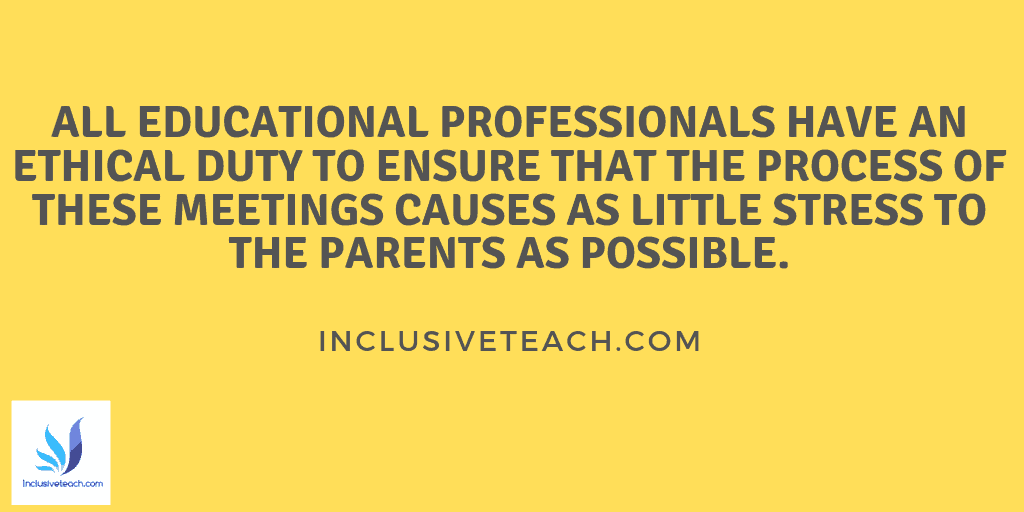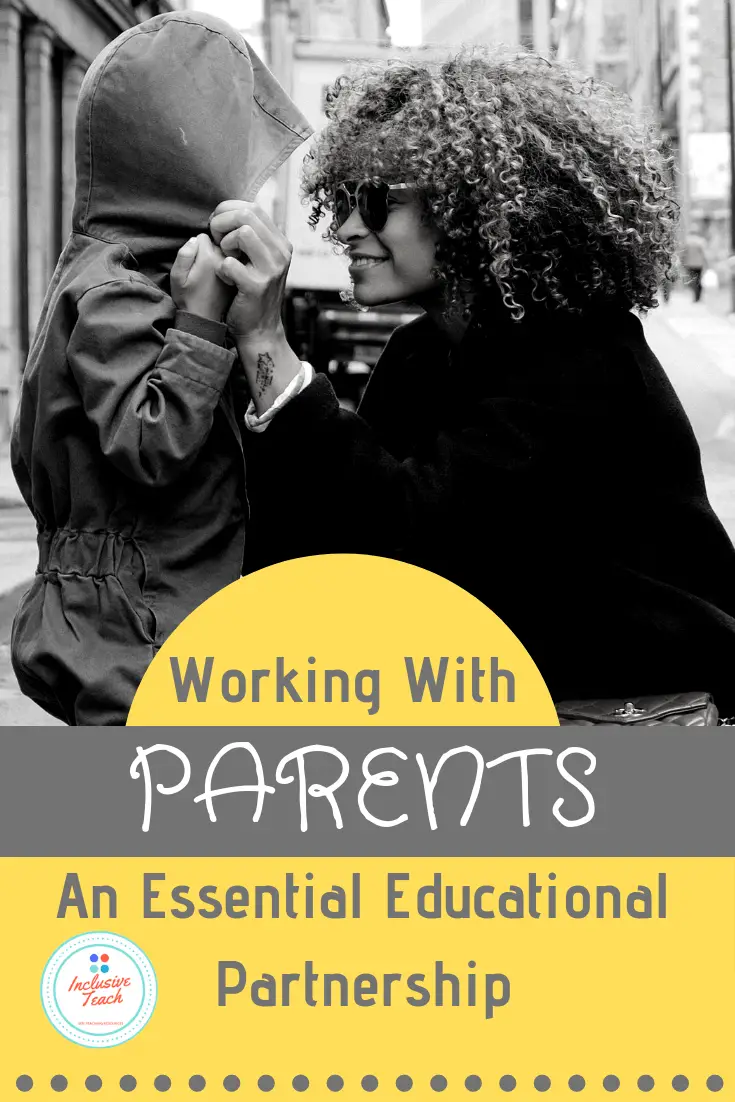SEN Parents: An Essential Educational Partnership
SEN Parents – Communication and Team Working.
Every successful placement requires the best possible communication and working relationship between parents and carers and schools. Much of this is informal chats between parents/carers and teachers. However there are times, some planned, some unplanned which require formal meetings. In the field of SEND, this could be a PEP, LAC, ChiN, or Annual Review. Often these have multiple agencies present. All of whom are paid to be there except one group. All of whom are experienced and should be highly knowledgable about the workings of the system as it’s their day job, except the parents. Parents and carers often have to take time off or arrange childcare for these meetings. Oh, and they are normally held at the school which changes the power dynamic immediately. If you as a school are raising concerns then make sure you have fulfilled your statutory requirements relating to the SEN Code of Practice e.g all interventions are taking place, the child’s targets are up to date and make sense. All OT/SALT recommendations are taking place. Ensure you are fully aware of all the child’s needs and have made all and any adaptations needed.
I like to think the vast majority of meetings about a child’s progress or wellbeing I have attended or chaired have been positive and perceived as supportive, with the child’s needs front and centre. When a good working relationship exists with trust and accountability firmly set in place meetings can be open and honest, these meetings often supply the way forward for an issue as people can sound off each other and come up with a workable solution.

I know this is not always the case and the complex nature of many children’s presentation requires the input of a number of specialists, such as speech and language therapist, educational psychologists, community nurses, Independent Reviewing Officers etc. Whether through choice or duty all these professionals are paid and given time to attend. They also get to go home and ultimately responsibility will pass to someone else as the child gets older.
Our Ethical Responsibilities to SEN parents.
With this in mind, I believe all educational professionals have an ethical duty to ensure that the process of these meetings causes as little stress to the parents as possible. Within school we are a ready-made team, making sure that team extends beyond the walls of the school and encompasses those who care for the child for the other 17 hours a day can yield hugely positive returns. Everyone is equal at these meetings all working for the child. Sometimes this does mean a shift in culture, one of the best ways to do this is to invite parents to deliver an inset, invite them to speak at teachers meetings and ensure they are well represented on the governing body.

From the parents perspective.
This has been written for inclusiveteach.com by SEN parent, blogger and creator of Chatterpack UK – Claire Ryan who advocates vociferously for the rights of their child.
- Meet parents informally regularly.
- Don’t overwhelm parents with information.
- Contact parents early – before minor issues escalate.
- Develop partnerships with parents, in every sense.
- Seek the parent’s expertise and knowledge – What works?
- Trust and honesty are central.
- Value of both SEN parent and child’s voice.
- Keep discussion proactive, positive and solution focused.
- Use diverse methods of engagement, some parents are not comfortable with to face to face, how else can you collaborate?
- Look for opportunities for including parents in all aspects of their child’s education i.e planning, core skills.
- Proactively address the power balance by ensuring only relevant staff are present in meetings and that parents are forewarned of any issues that may arise.
From the schools perspective.
I personally feel that these rules should always be followed when meeting parents.
- Admit when you are in the wrong.
- Don’t threaten anything, it is completely unacceptable to use fear to influence parental decisions.
- Bury your professional ego – we are all learning constantly
- Adapt your language, SEND is awash with acronyms. Not everyone knows them, be clear, your school might well have specific names for procedures and roles others don’t use.
- Don’t have a pre-meeting without parents present or aware, obviously, a teacher and their line manager might want to have a discussion, and school-based staff often have discussions around individuals and interventions but that is very different from meeting the social worker and CAMHs team before. This often is just an ambush. If you wouldn’t say it to the parents don’t say it to other professionals,
- Don’t surprise people, the meeting should have a clear objective communicated to all parties beforehand. If this strays a bit I think it’s important to allow parents time to vent frustrations so they can be sorted out.
- Give the parents/carers time to organise an advocate or support.
- Treat a meeting a parent/carer requests as high a status as the one you have called. This may be ensuring cover so all relevant staff can attend.
To Conclude
I hope you find these suggestions for developing an effective parental partnership. For those wanting to learn more about engaging with parents, I would urge you to follow the #FlipTheNarrative discussions on twitter. Being an SEN parent is hard work. special Schools have a requirement to make life better for everyone they work with.
Find parenting books with an SEN focus on the inclusive books database.
Cover image Photo by Sai De Silva on Unsplash








5 Comments